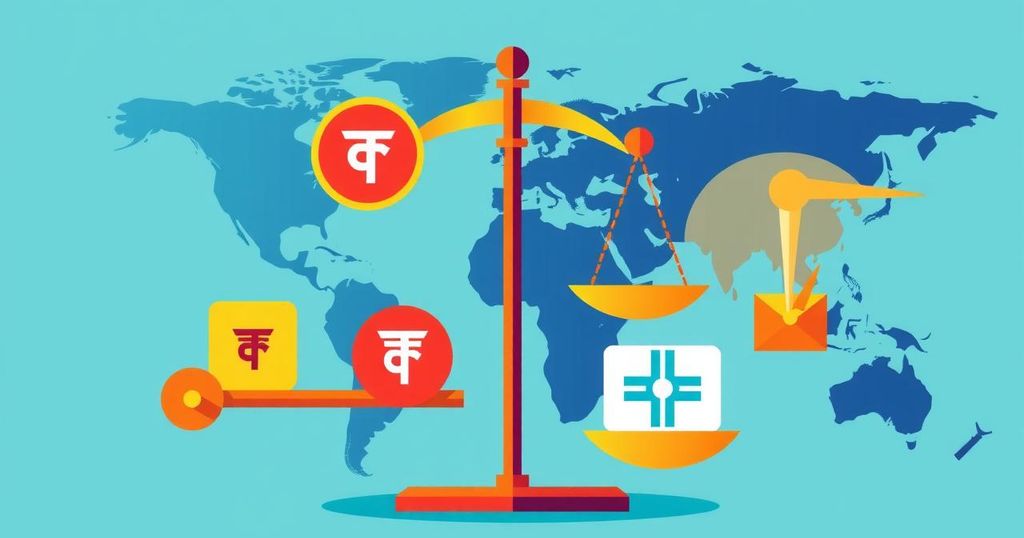The White House announced President Trump’s “Liberation Day” tariffs, confirming no exemptions and targeting high tariffs imposed by other countries. Karoline Leavitt highlighted the need for trade fairness, listing excessive tariffs on American products. A National Trade Estimate Report detailing foreign trade barriers was also released, emphasizing the ongoing challenges facing U.S. exports. The administration aims to enforce tariffs to create equity and protect American interests in international trade.
The White House confirmed that President Trump’s “Liberation Day” tariffs will have no exemptions. Spokesperson Karoline Leavitt emphasized the need to address “unfair trade practices” from foreign nations. On April 2, 2025, Trump’s round of reciprocal tariffs aims to counter excessive tariffs by other countries that hinder American exports.
Leavitt highlighted specific tariffs imposed on U.S. products, such as a 700% tariff from Japan on rice, a 50% tariff from the EU on American dairy, a 100% tariff from India on agricultural products, and nearly 300% from Canada on butter and cheese. These tariffs significantly impair the ability of American products to compete in foreign markets, contributing to job losses over decades.
The administration’s approach to tariffs is designed to match or counteract these high tariffs and non-tariff barriers that disadvantage U.S. exporters. This is framed as a critical step to ensure fairness for American businesses and workers. Leavitt declared that new tariffs will create “historic change” in trade relationships, asserting that foreign markets have “ripped off” the U.S. for too long.
In conjunction with the tariff announcement, the Trump administration released a National Trade Estimate Report detailing foreign trade barriers. This 397-page report outlines average tariff rates and non-tariff barriers facing American exports, including regulatory restrictions and safety regulations.
The report noted specific barriers such as delays in EU approvals for genetically modified crops, high tariffs in Canada’s supply management system, and VAT implementation issues impacting U.S. imports. These barriers are expected to inform the administration’s strategy moving forward regarding reciprocal tariffs.
The White House is moving forward with reciprocal tariffs to counteract significantly high tariffs imposed by various countries on American goods. These tariffs are aimed at creating balance in trade and addressing non-tariff barriers. The release of a comprehensive trade barriers report underscores the challenges U.S. exporters face, indicating that reform is necessary for fair competition in global markets. Overall, these measures are poised to reshape America’s trade relationships.
Original Source: www.ndtv.com






